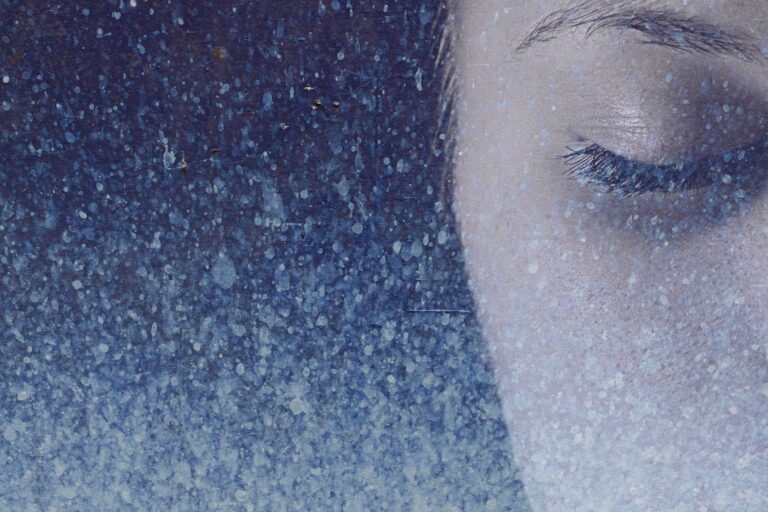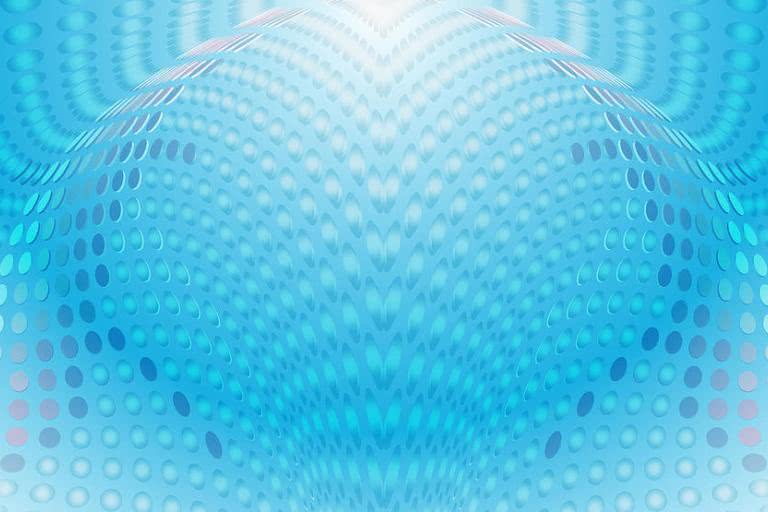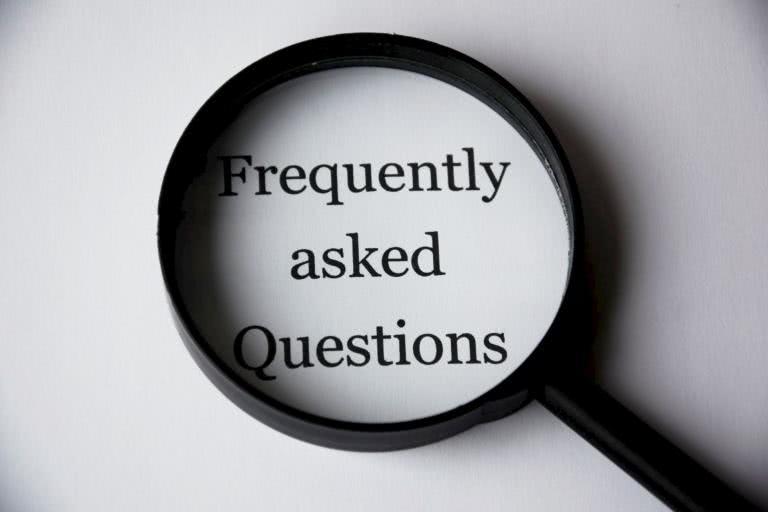Recovery Direct Specialises in Treating Behavioural Disorders
Of the most common examples of these behaviours are compulsive shopping, “sex addiction” or “intimacy disorders”, overeating, problems with gambling, exercise or sports, porn addiction, and internet addiction. Here is a more conclusive list of behavioral based disorders.
Attention-Deficit/Hyperactivity Disorder (ADHD): ADHD is a neurodevelopmental disorder characterized by inattention, hyperactivity, and impulsivity. Treatment may include medication, therapy, and behavior modification.
Oppositional Defiant Disorder (ODD): ODD is a behavioral disorder characterized by a pattern of angry or irritable behavior, defiance, and vindictiveness. Treatment may involve therapy, behavior modification, and family interventions.
Conduct Disorder (CD): CD is a behavioral disorder characterized by a pattern of aggressive or destructive behavior, violation of rules or laws, and disregard for the rights of others. Treatment may involve therapy, behavior modification, and family interventions.
Obsessive-Compulsive Disorder (OCD): OCD is a mental health disorder characterized by unwanted, intrusive thoughts or obsessions, and repetitive behaviors or compulsions. Treatment may include medication and therapy, such as exposure and response prevention therapy.
Eating Disorders: Eating disorders are a group of mental health conditions characterized by an unhealthy relationship with food and body image. Treatment may involve therapy, medication, and nutritional counseling.
Gambling Addiction: Gambling addiction is a behavioral addiction characterized by an uncontrollable urge to gamble despite negative consequences. Treatment may involve therapy, support groups, and self-help strategies.
Internet Addiction: Internet addiction is a behavioral addiction characterized by excessive use of the internet or technology. Treatment may involve therapy, self-help strategies, and limiting technology use.
Shopping Addiction: Shopping addiction is a behavioral addiction characterized by compulsive shopping and spending despite negative consequences. Treatment may involve therapy, support groups, and financial counseling.
Sex Addiction: Sex addiction is a behavioral addiction characterized by compulsive sexual behavior despite negative consequences. Treatment may involve therapy, support groups, and behavior modification.
Work Addiction: Work addiction is a behavioral addiction characterized by an obsession with work and an inability to stop working despite negative consequences. Treatment may involve therapy, support groups, and behavior modification.
Exercise Addiction: Exercise addiction is a behavioral addiction characterized by compulsive exercise and an inability to stop exercising despite negative consequences. Treatment may involve therapy, support groups, and behavior modification.
Self-Harm: Self-harm is a behavioral disorder characterized by intentional injury to oneself, often as a coping mechanism for emotional distress. Treatment may involve therapy, support groups, and coping strategies.












